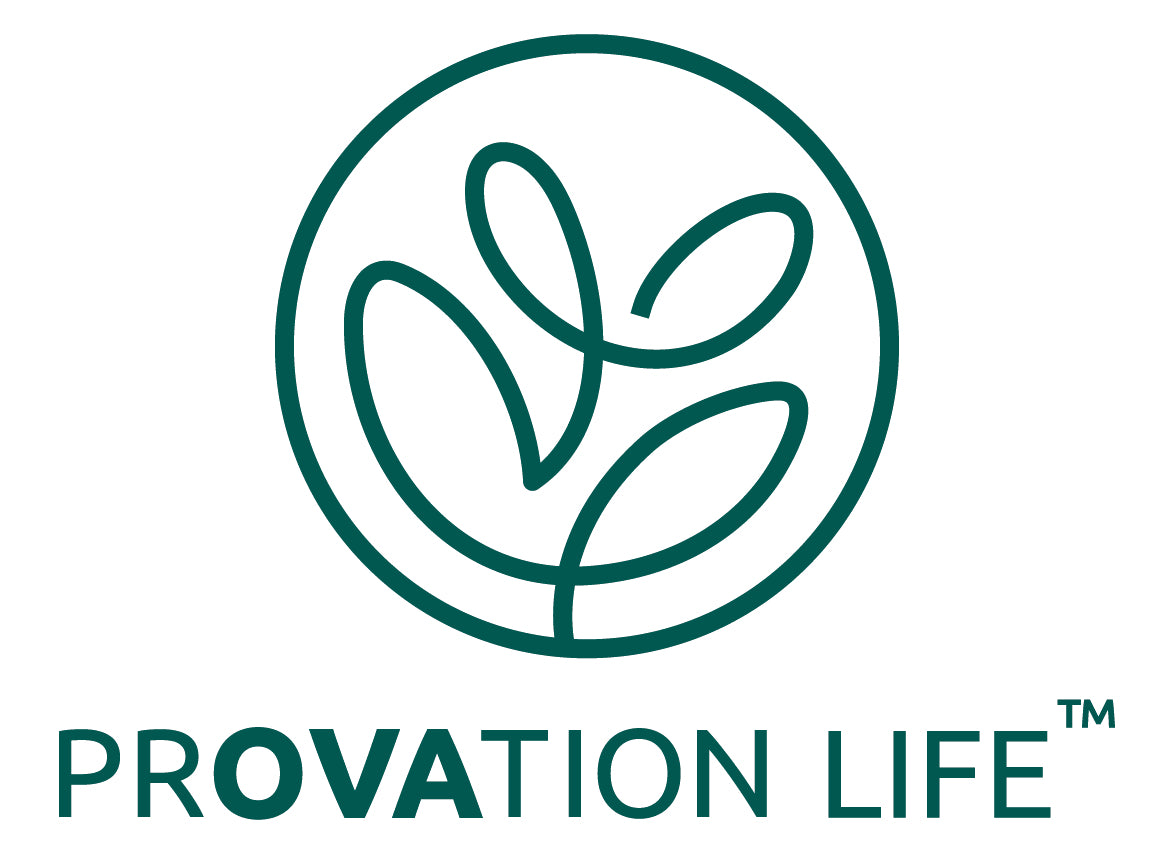For Women with PCOS, Breakfast is the Most Important Meal of the Day
by Herman Weiss on Jul 04, 2023
While breakfast is often considered an essential meal for overall health and well-being, no specific evidence suggests that it is more important for women with polycystic ovary syndrome (PCOS) than others. PCOS is a hormonal disorder that affects women of reproductive age, characterized by various symptoms such as irregular menstrual cycles, excessive androgen (male hormone) levels, and ovarian cysts.
The importance of breakfast lies in providing essential nutrients and energy to start the day. A balanced and nutritious breakfast for women with PCOS can help regulate blood sugar levels, manage weight, and improve overall metabolic health. Some general dietary recommendations for women with PCOS include:
- Balanced Macronutrients: Include a combination of complex carbohydrates, lean protein, and healthy fats in your breakfast. This combination can help stabilize blood sugar levels and provide sustained energy. Examples include whole grains, eggs, yogurt, nuts, and seeds.
- High-Fiber Foods: Incorporate high-fiber foods such as fruits, vegetables, and whole grains into your breakfast. Fiber aids in digestion promotes satiety, and can help manage weight.
- Limit Added Sugars: Minimize the consumption of sugary cereals, pastries, and sweetened beverages for breakfast. These can cause blood sugar spikes and negatively impact insulin sensitivity.
- Protein-Rich Options: Including protein-rich foods like eggs, Greek yogurt, or plant-based alternatives can help control appetite, promote fullness, and support muscle maintenance.
- Healthy Fats: Incorporate sources of healthy fats, such as avocados, nuts, and seeds, into your breakfast. Healthy fats are important for hormone production and overall health.
- Mindful Portions: Pay attention to portion sizes and avoid overeating during breakfast. This can help maintain a healthy weight and manage insulin levels.
Remember, individual nutritional needs may vary, and it's always a good idea to consult with a registered dietitian or healthcare professional for personalized advice tailored to your specific needs and medical history.
Related Resources:












